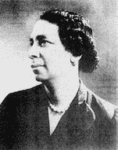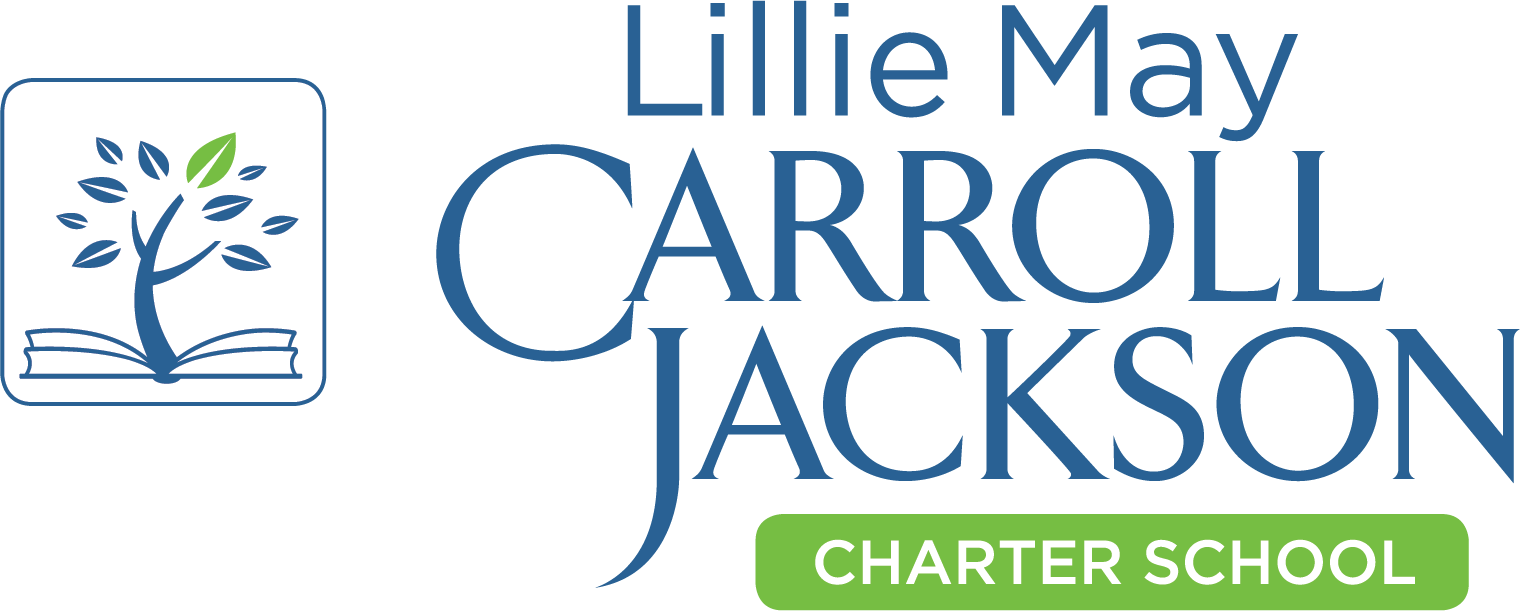FAQs
Who is Lillie May Carroll Jackson?
 Lillie M. Carroll Jackson, an African American civil rights leader, dynamic director of the Maryland NAACP, and activist, was born on May 25, 1889 in Baltimore, Maryland.
Lillie M. Carroll Jackson, an African American civil rights leader, dynamic director of the Maryland NAACP, and activist, was born on May 25, 1889 in Baltimore, Maryland.
She was the seventh of eight children born to Charles Henry and Amanda Bowen Carroll. Her father was Methodist minister Charles Henry Carroll. Lillie Jackson was educated in Baltimore’s Colored High School and graduated in 1908. After high school, she taught in the Black school system in Baltimore.
She met her husband, Keiffer Jackson, during this time, while singing soprano in the choir of the Sharp Street Baptist Church, and they were married in 1910. She traveled with him, singing and lecturing, while he showed his films to church groups. After the birth of their first child, Virginia, the Jacksons returned to Baltimore.
Lillie’s commitment to fighting segregation began with a medical crisis in 1918. Before emergency surgery for mastoiditis, Lillie prayed to God to spare her life so she might raise her children. In return, she vowed a lifetime of service. After the surgery, the doctor told her that he had removed more decayed bone from her head than he thought possible to survive. Despite the disfigurement of her face by the surgery, Lillie kept her promise. In Baltimore, Lillie gave birth to Juanita, Virginia, and her only son, Bowen Keiffer.
As a successful businesswoman with rental properties, Lillie had the financial independence and time to carry out her commitment to serve. She became the first woman to serve on the board of trustees for the Sharp Street Memorial Methodist Episcopal Church. Then she sponsored the City-Wide Young Peoples Forum.
In 1935, she accepted an invitation to revive the local NAACP chapter. She was its president until 1970, building the organization to a peak membership of 17,600. Despite the threat of violence that had kept Jim Crow in place, she brought steady pressure against segregation. Known as “Mother of Freedom,” and “that NAACP lady” by her opponents, she ran the Baltimore branch for 35 years, and led the organization in picketing one “Whites-only” theater for six straight years before the management gave in. Her daughter Juanita described her as a “freedom fighter.” Whatever the label, Lillie Carroll Jackson was a leader of the civil rights movement in Maryland.
Known as the “mistress of the gavel,” She was unanimously re-elected president of the Baltimore branch of the NAACP each year during her tenure. As organizer and president of the Maryland State Conference of NAACP branches, she was elected to the National Board of Directors in 1948. With the support of the churches and the Afro-American newspaper, the branch became one of the largest and strongest in the nation. She traveled the counties of Maryland, organizing branches of the NAACP until there was a network of units across the state. These units united in a vigorous campaign for justice at the state level. Jackson’s goal was “To help secure freedom and justice under the law.” The Baltimore branch initiated history-making legal cases that challenged the constitutionality of segregation in education, employment, and public accommodations.
Among other achievements during this time, Jackson helped instigate the legal challenges to Jim Crow in Maryland, and NAACP special counsels brought a suit that desegregated the University of Maryland School of Law. The local NAACP under her presidency got the city to put Black policemen in uniforms for the first time. Public pools, parks, and civil service jobs were opened to Blacks.
What grades will you serve?
The Lillie May Carroll Jackson School serves grades 5 – 8. There are two divisions, a 5/6 division and a 7/8 division.
Why all girls?
Research shows that girls learn best in a single sex environment. Girls attending an all-girls school demonstrate higher cognitive achievement, higher self-esteem, and higher internal controls than their counterparts in coeducational schools (Riordan, as quoted in Salomone Same, Different, Equal). Our approach will use the best of evidence-based research to empower girls by encouraging them to populate the full spectrum of roles in a rigorous academic environment—at LMCJS girls will be the best poet, the most inspired scientist, the most gifted athlete. At the same time, populating that full spectrum of roles will also allow students to cultivate a sense of collective strength by mentoring and being mentored by other girls, in part as an antidote to a culture that often pits girls against one another.
Why Middle School?
Early adolescence, approximately ages 10 – 14, is a critical period of development for students in terms of physical, emotional and intellectual growth that can best be served in a developmentally responsive middle school dedicated to the unique needs of the early adolescent student.
What is the educational philosophy at the Lillie May Carroll Jackson School?
Our school will be an Expeditionary Learning (EL) School. Expeditionary Learning is a not-for-profit organization that partners with charter boards to open new schools. The EL model challenges students to think critically and take active roles in their classrooms and communities, resulting in higher achievement and greater engagement in school. At the Lillie May Carroll Jackson School…
- Learning is active. Students are scientists, urban planners, historians and activists, investigating real community problems and collaborating with peers to develop creative, actionable solutions.
- Learning is challenging. Students at all levels are pushed and supported to do more than they think they can. Excellence is expected in the quality of their work and thinking.
- Learning is meaningful. Students apply their skills and knowledge to real-world issues and problems and make positive change in their communities. They see the relevance of their learning and are motivated by understanding that learning had purpose.
- Learning is public. Through formal structures of presentation, exhibition, critique, and data analysis, students and teachers build a shared vision of pathways to achievement.
- Learning is collaborative. School leaders, teachers, students, and families share rigorous expectations for quality work, achievement, and behavior. Trust, respect, responsibility, and joy in learning permeate the school culture.
What connection does Lillie May have with RPCS?
The Lillie May Carroll Jackson School is a fully independent charter school with close ties to Roland Park Country School and other independent schools. This includes joint activities among the girls at both schools, including presentations, field trips, intramural sports events and opportunities to serve both as mentors and mentees. Faculty participate in joint professional development and in professional learning communities. Moreover, Lillie May joins a network of girls schools dedicated to meeting the unique needs of girls.
How can I apply?
CORRECT ADMISSIONS LINK BELOW
Please click here to obtain more information on our application process.
Can I get involved even if I don’t have a daughter for whom I would apply?
CORRECT MAILTO LINK BELOW
Absolutely! We welcome anyone in the larger Baltimore community who is interested in helping to transform lives through public education to join us in that effort. Please contact us and let us know how you’d like to help.

